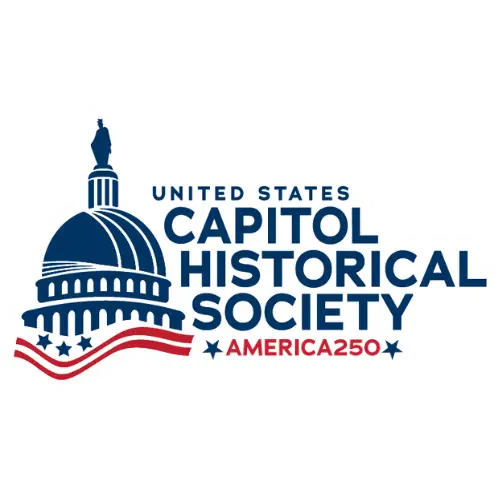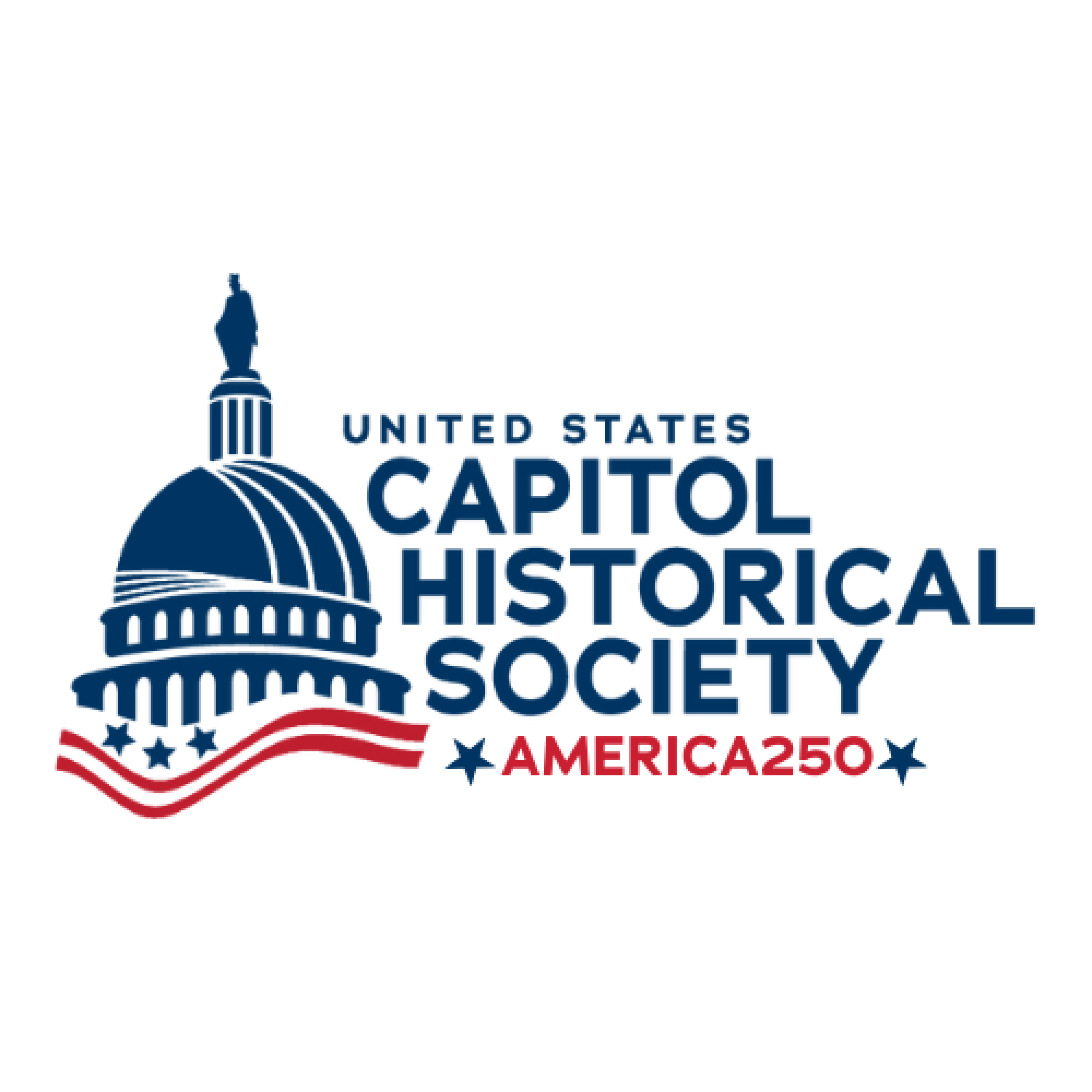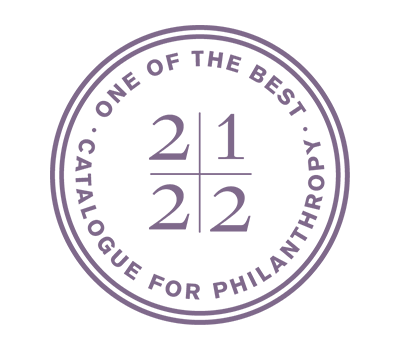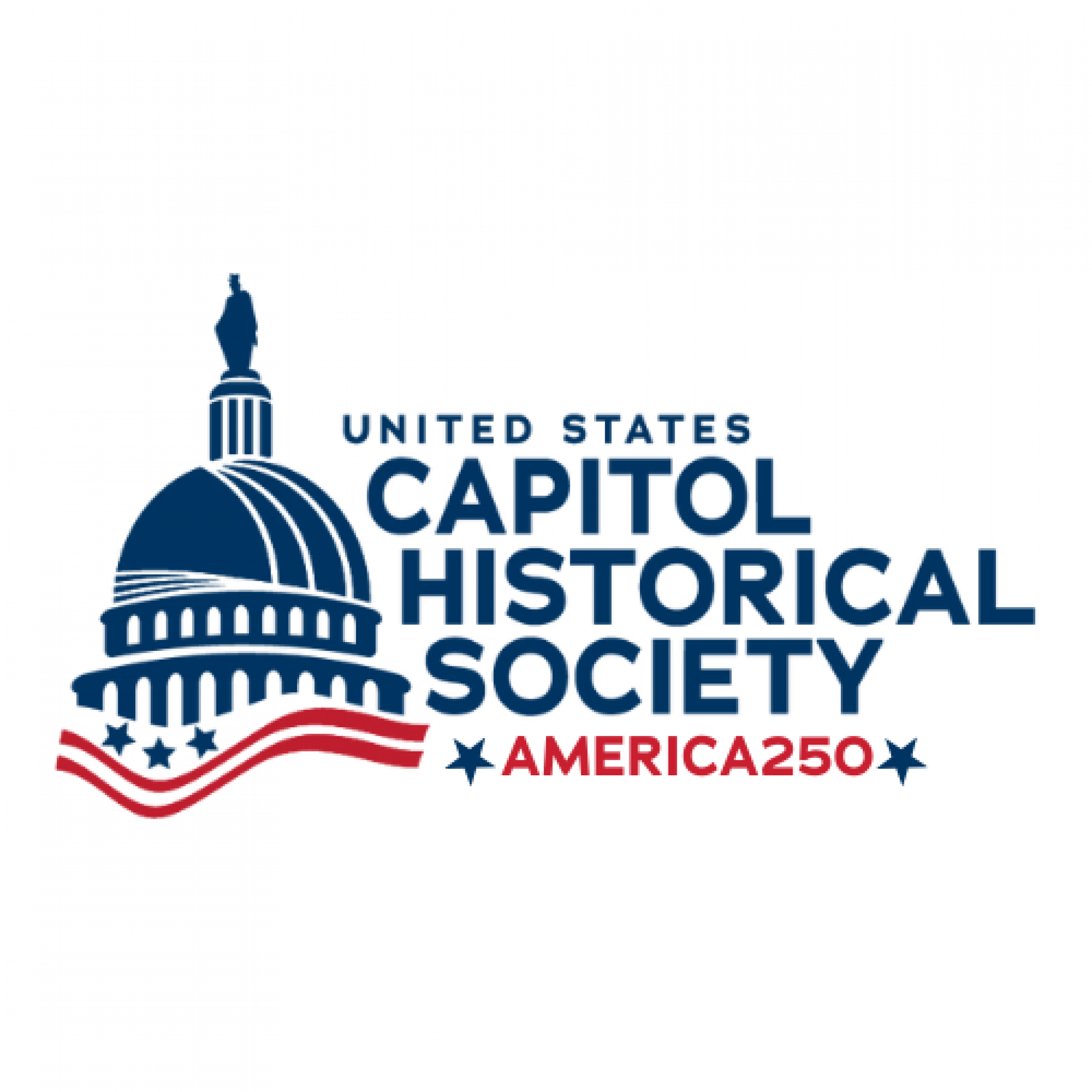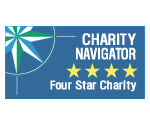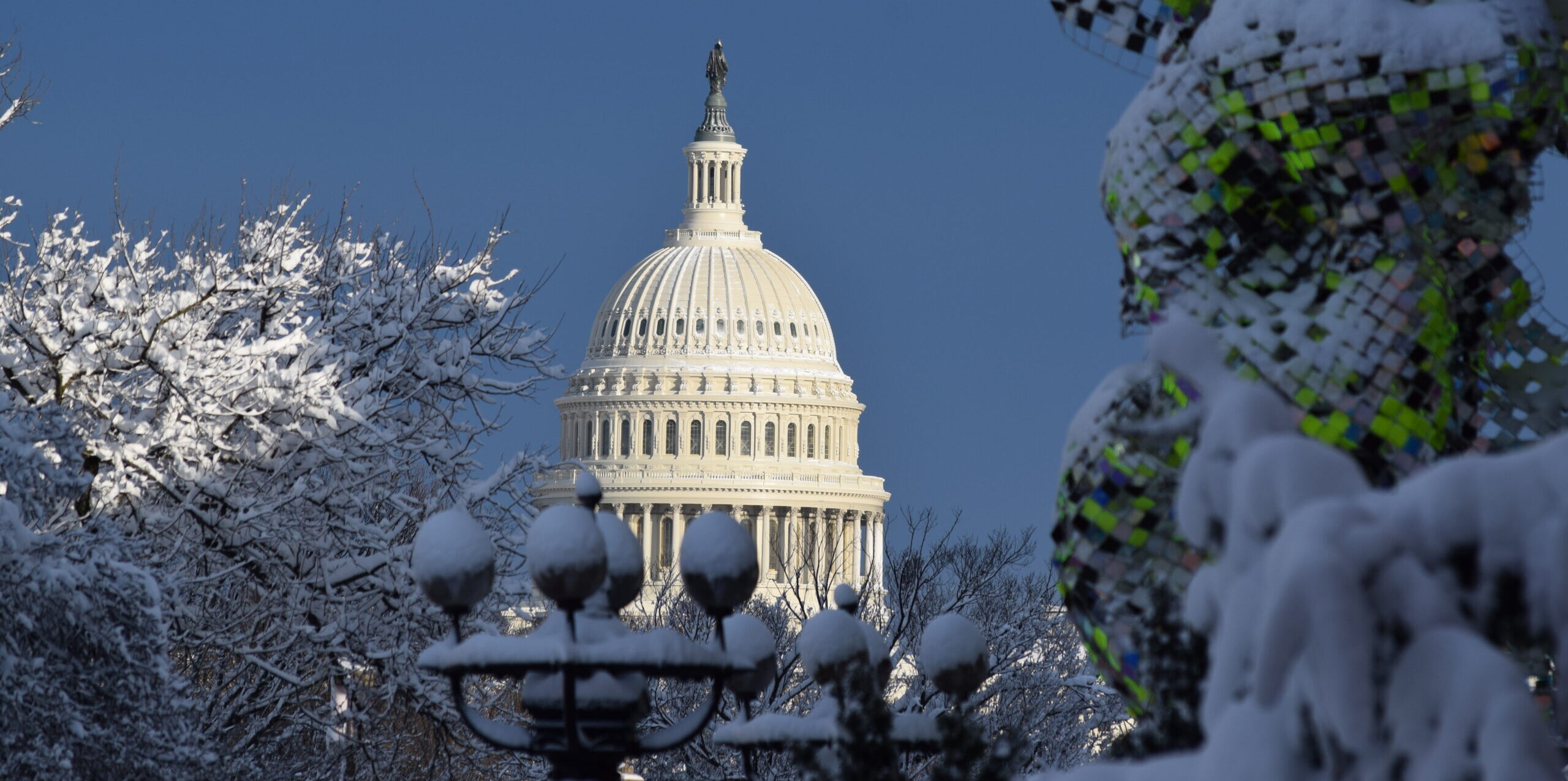View Event Online:
Original Event Information:
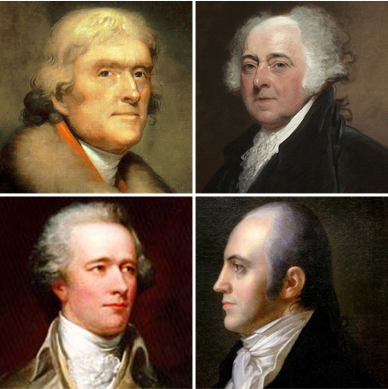 After the Election of 1796, President John Adams served in the White House while Vice President Thomas Jefferson retired to Monticello. Why? Then, during the Election of 1800, Congress had to break a tie between Jefferson and his own running-mate, Aaron Burr. Again, why? On December 1 the U.S. Capitol Historical Society continues our series on the Constitution by exploring the history—and necessity—of the 12th Amendment. Before its ratification, the presidential candidate who finished first, became president, while the candidate who finished second, became vice president. This not only led to divided cabinets, but a divided nation. More importantly, while the Founding Fathers agreed on independence, they didn’t agree on what independence meant.
After the Election of 1796, President John Adams served in the White House while Vice President Thomas Jefferson retired to Monticello. Why? Then, during the Election of 1800, Congress had to break a tie between Jefferson and his own running-mate, Aaron Burr. Again, why? On December 1 the U.S. Capitol Historical Society continues our series on the Constitution by exploring the history—and necessity—of the 12th Amendment. Before its ratification, the presidential candidate who finished first, became president, while the candidate who finished second, became vice president. This not only led to divided cabinets, but a divided nation. More importantly, while the Founding Fathers agreed on independence, they didn’t agree on what independence meant.
Our featured guest to share this history will be Yale professor, Dr. Joanne Freeman, whose recent book, Affairs of Honor: National Politics in the New Republic, won the Best Book award from the Society of Historians of the Early American Republic.
During our webinar, we’ll discuss the Party Wars of the 1790s, the precedent set when Jefferson and Adams chose politics over friendship, and why Alexander Hamilton lobbied Congress in support of Jefferson, his rival, instead of Burr, whom he thought “wicked enough to scruple nothing.” Finally, we’ll discuss how the politics of the late-18th century mirror our politics of today.
Dr. Freeman is the co-host of the popular history podcast, “Now & Then.” Her edited volume, Alexander Hamilton: Writings was one of the Atlantic Monthly’s “best books” of 2001. A fellow of the Society of American Historians, Freeman won fellowships from the American Council of Learned Societies, the Cullman Center for Scholars and Writers, the Dirksen Congressional Research Center, the American Historical Association, and the Library of Congress. She is a Distinguished Lecturer for the Organization of American Historians. The U.S. Capitol Historical Society is proud that she sits on our Council of Scholars.
Like all U.S. Capitol Historical Society webinars, this event is free and open to the public; registration is required.
